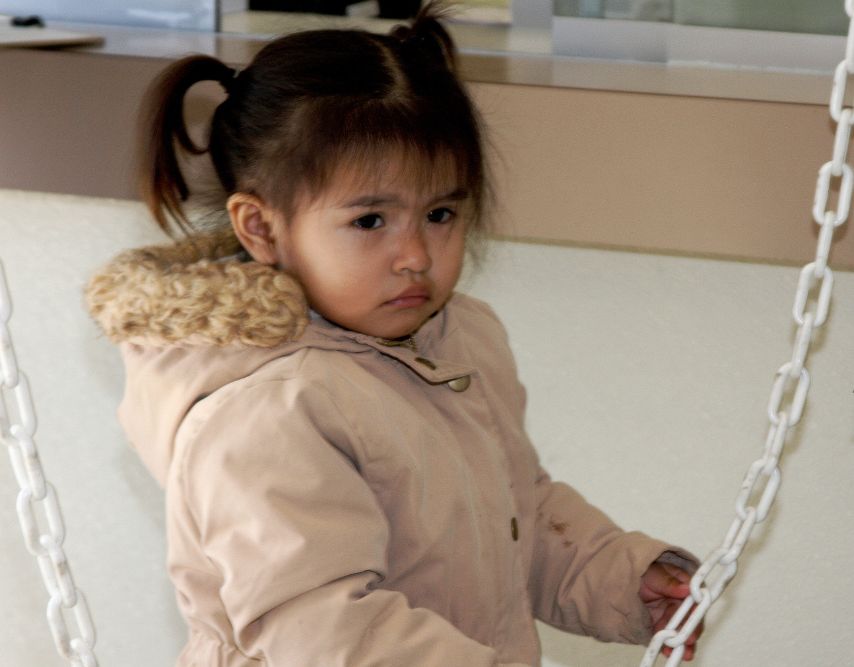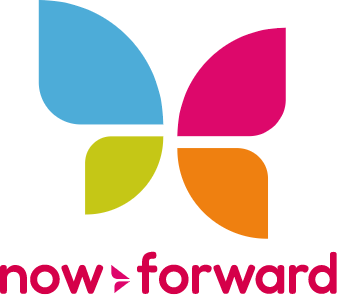Mission & History
Our mission is our assignment. Our history reveals our journey.

Our Mission
Now-Forward is the trusted and compassionate resource that will help you through unexpected life challenges. Dallas-area residents turn to us for food, clothing, financial, medical, dental and mental health services.
Our History
1983
Founded by five covenant congregations. Services included food; payment of rent and utility bills; gas vouchers, bus tokens; prescription vouchers; and financial help to obtain ID’s.
Within a few short years an employment assistance program, English-as-a-second language classes, and an eye exam/eyeglass program were added to provide tools to help clients help themselves.
A few years later a school supply program was added.
2000
In April, NDSM opened a two-evening-a-week Free Medical Clinic for the Uninsured Working Poor and the NDSM Clothes Closet and Thrift Store.
2001
The Clinic added a women’s breast and pelvic exam screening clinic that now includes diabetes screening, a diabetes education workshop and colposcopy exams, as well as screening and diagnostic mammograms
2003
The Clinic added emergent dental services for low-income adults and in 2005 a Tuesday morning children’s clinic.
2004
In July, due to increasing need for space and parking NDSM purchased a facility to house its operations.
2005
On May 31, upon completion of necessary renovations, NDSM moved into the 20,322 square foot building at 2875 Merrell Road debt free.
2006
NDSM revised its governance structure. A nine-member Governing Board with members chosen for their expertise and access to resources and to include representatives from the congregations replaced a Board comprised of one member of each Covenant Congregation.
A uniform program completed the basic scope of services of the Emergency Aid Center.
In October, an adults-only Monday evening clinic managed and staffed by UT Southwestern medical students under the auspices of attending physicians opened.
2008
The Clinic began treating chronic conditions in the form of diabetes and hypertension.
2009
Building renovations expanded space for the clinic and ESL classes.
2013
UT Southwestern and Texas A&M Baylor College of Dentistry independently approached NDSM about partnerships that would enable NDSM to provide care and access to care to greater numbers of low-include persons.
2013 – 2014
NDSM undertook facility renovation and repair projects to maximize space limitations and create greater use flexibility. One such project was the addition of a third dental operatory.
2014
At the Request of Baylor, NDSM added a fourth dental operatory and in mid-June the partnership became operational. The scope of services expanded includes extractions, restorations, prostheses, cleaning and root canals.
UTSW offset the salary of the Medical Director and placed the following additional staff at NDSM on a full-time basis: a community health worker, a physician assistant, an RN, and a medical office assistant. Having a full-time provider on site 8:00-5:00 Monday-Friday transformed the medical from one consisting of 3-4 weekly evening clinics and sporadic, irregularly scheduled day clinics to a primary care day clinic open from 9:00-3:00 Monday-Friday with evening clinics continuing as previously.
2015
Two more dental operatories were in place and six dental students were caring for adult patients five days a week.
2016
In January, pediatric residents began treating children.
Depression screening, counseling for depression and group counseling sessions became part of the scope of service.
2017
Dentures became part of the scope of services.
2018
NDSM engaged in a major facility renovation project and furniture and equipment purchases that would allow NDSM to accommodate an increasing number of clients and patients and staff.
NDSM converted from a volunteer-designed client data base to Salesforce.
NDSM entered an expanded relationship with UTSW wherein which UTSW staff filled most of the staff positions, and Medical Clinic hours increased to 12 hours each day from 7:00 a.m-7:00 p.m. Monday-Friday.
2020
March 16 marked the beginning of the Covid-19 crisis and the overnight transformation of NDSM. Outdoor food distribution, a standardized food order, eligibility extended to all area zip codes, masks and social distancing became the food program guidelines. Diapers were the only allowable request – a request made by at least 50% of the households. Financial assistance ceased until the end of April, resumed via phone and in September was totally on-line. Medical and dental services were interrupted and resumed for emergencies or virtually. Technology became the most valued resource. Volunteers’ numbers were severely limited. Zip Code restrictions were waived for the school supply and uniform program as well as for receipt of food.
2021
All Emergency Aid Center COVID protocols became permanent changes. Medical and dental operations gradually began to return to normal. Technology had been fully embraced.
2023
The partnership relationship between NDSM and UTSW became a contractual relationship on September 1 due to the end of the DSRIP funding and the financial constraints of UTSW. Whereas NDSM had been receiving 11-13 medical staff and $300,000 annually from UTSW, The Contract with the Department of Family and Community Medicine meant that NDSM began paying for the service of six UTSW medical staff.
Later, to ensure the sustainability of the Medical Clinic and the entirety of NDSM, the Governing Board embarked upon a $10M 5 year Strategic Financial Campaign.
2024
Content Pilot chose NDSM as its annual pro bono non-profit rebranding project.
In June, NDSM initiated an electronic enrollment process for its food distribution program.
2025
NDSM rebranded to Now-Forward.


